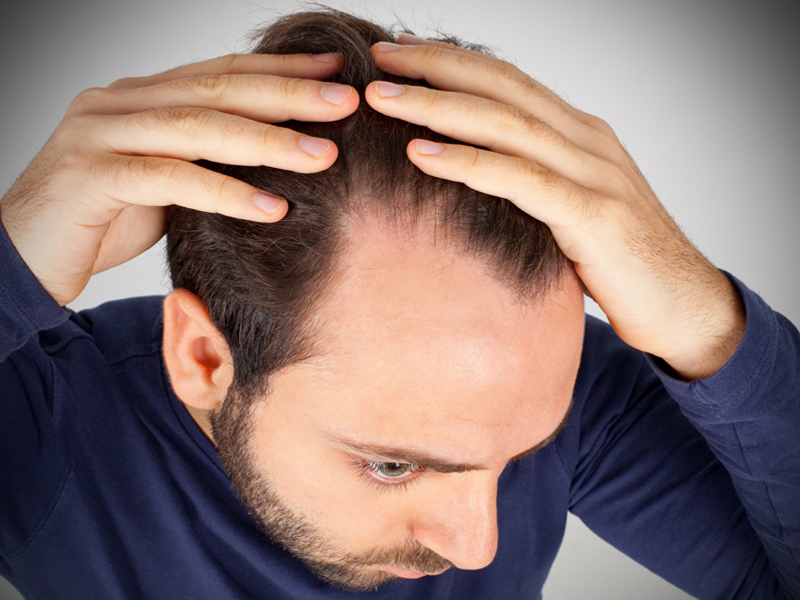
Understanding and Managing Excessive Hair Fall During Winter: A Comprehensive Guide
Introduction:
Winter brings with it a magical landscape, cozy sweaters, and festive celebrations. However, for many, it also marks the onset of a common concern—excessive hair fall. The drop in temperature and the environmental changes during winter can contribute to increased hair shedding. In this comprehensive guide, we will explore the reasons behind excessive hair fall during winter and provide practical tips on how to manage and prevent it.
- Environmental Factors: Winter air tends to be dry, and indoor heating systems further reduce humidity levels. This dryness can strip the hair of its natural moisture, making it more prone to breakage and shedding. Additionally, exposure to cold winds and harsh weather conditions can weaken the hair shaft, leading to increased hair fall.
- Lack of Moisture: The cold weather prompts people to take hot showers, which can be detrimental to the hair. Hot water strips away the natural oils that keep the scalp and hair hydrated. As a result, the hair becomes dry, brittle, and more susceptible to breakage.
- Nutritional Deficiencies: During winter, there is often a shift in dietary habits, with people consuming fewer fresh fruits and vegetables. This reduction in nutrient-rich foods can lead to deficiencies in essential vitamins and minerals crucial for maintaining healthy hair, contributing to increased hair fall.
- Scalp Conditions: Dry scalp conditions, such as dandruff, tend to worsen in winter. The flakiness and itchiness associated with these conditions can weaken the hair roots, leading to excessive shedding.
- Reduced Blood Circulation: Cold temperatures can restrict blood flow to the scalp. Adequate blood circulation is crucial for supplying nutrients to the hair follicles. Reduced blood flow during winter may result in weakened hair roots and increased hair fall.
Management and Prevention Tips:
- Hydration is Key: Combat the dryness by staying well-hydrated. Drink plenty of water and use a humidifier indoors to maintain optimal moisture levels.
- Gentle Hair Care: Opt for lukewarm water instead of hot water when washing your hair. Use a sulfate-free, moisturizing shampoo and conditioner to prevent further drying of the hair.
- Balanced Nutrition: Ensure your diet includes a variety of fruits, vegetables, lean proteins, and whole grains. Consider supplements if necessary, under the guidance of a healthcare professional.
- Scalp Care: Address scalp conditions by using a mild, anti-dandruff shampoo. Regularly massage your scalp to stimulate blood flow and promote a healthy environment for hair growth.
- Protective Hairstyles: Wear protective hairstyles to shield your hair from the harsh winter elements. Avoid excessive heat styling, as it can further contribute to hair damage.
Conclusion:
Excessive hair fall during winter is a common concern, but with the right care and precautions, it can be effectively managed. By addressing environmental factors, maintaining proper hydration, and adopting a nourishing hair care routine, you can enjoy healthy and beautiful hair throughout the winter season. If the problem persists, it is advisable to consult with a healthcare professional or a dermatologist for personalized advice and treatment options.
Regards,
Dr. Satish Vaishnav
Hair Doc, Trichology Expert, Hair Clinic
Thane, Pune, Chhatrapati Sambhajinagar, Pimpri-Chinchwad




